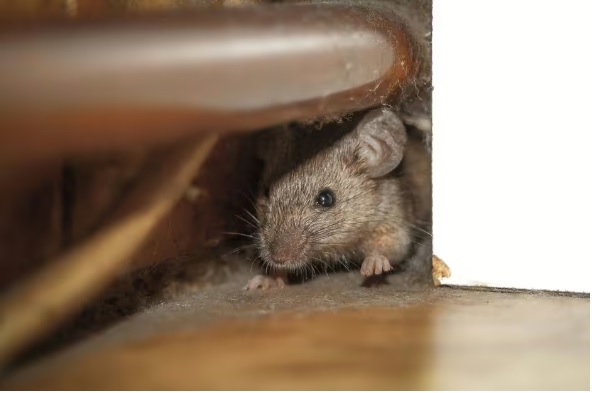According to experts at Eliminated LTD, a pest control company in the UK, mice have poor eyesight and rely heavily on their sense of smell for survival.
Therefore, certain strong-smelling herbs and essential oils can deter them.
Lavender
Mice strongly dislike the scent of lavender. You can grow lavender plants indoors, use lavender oil spray, or place dried lavender sachets in cupboards or under beds for a natural repellent.
You can also create a DIY spray by mixing dried lavender flowers with water in a 1:1 ratio. Shake well before each use and spray in areas where mice are commonly seen. Replace the mixture monthly to maintain its effectiveness.
Citrus
Mice generally avoid the smell of oranges, lemons, and grapefruits due to limonene, a compound found in citrus fruits that they find unpleasant.
A few drops of citrus essential oil on a tissue placed in corners, or diluted with water for cleaning, can create a pleasant aroma while repelling rodents.
Limonene is also present in many cleaning products such as soaps, detergents, and disinfectants.
 |
Illustrative photo: express.co.uk |
Illustrative photo: express.co.uk
Peppermint oil
The scent of peppermint oil triggers a sense of danger and fear in mice, prompting them to avoid it.
It's a common ingredient in homemade mouse repellents. Its potent aroma is sufficient to deter mice from specific areas or objects.
Soak cotton balls in peppermint oil and place them in areas where mice tend to hide.
Cayenne pepper
Cayenne pepper is an inexpensive and readily available spice. Mix about two tablespoons of cayenne pepper per liter of water and use it in a spray bottle or hand soap dispenser.
Eliminated LTD experts explain that this home remedy is effective because the scent is highly irritating to mice, discouraging them from lingering long enough for their sense of smell to adjust.
Sprinkling cayenne pepper in suspected mouse-infested areas, such as behind cabinets or under furniture, can also be effective.
Nhat Minh (According to express.co.uk)












